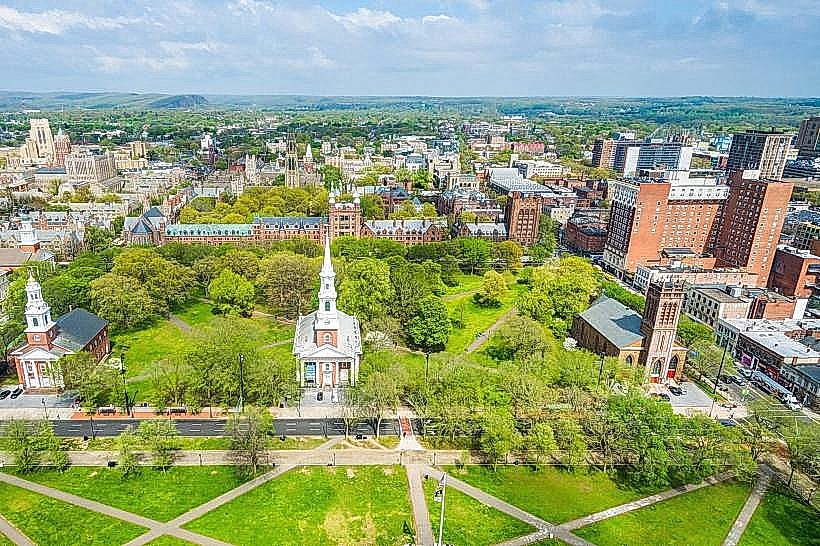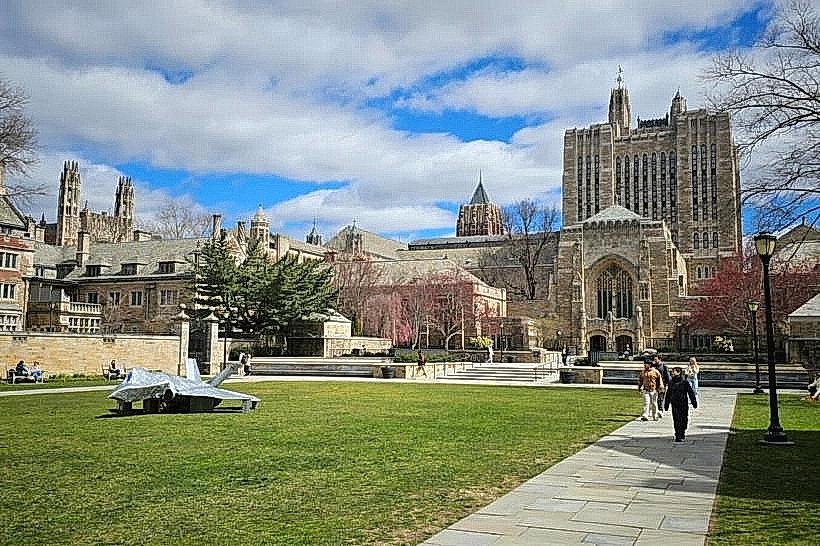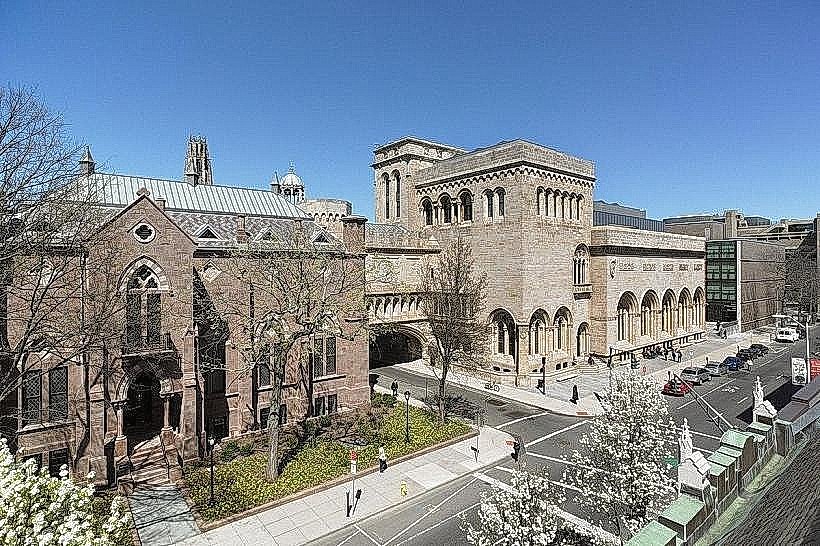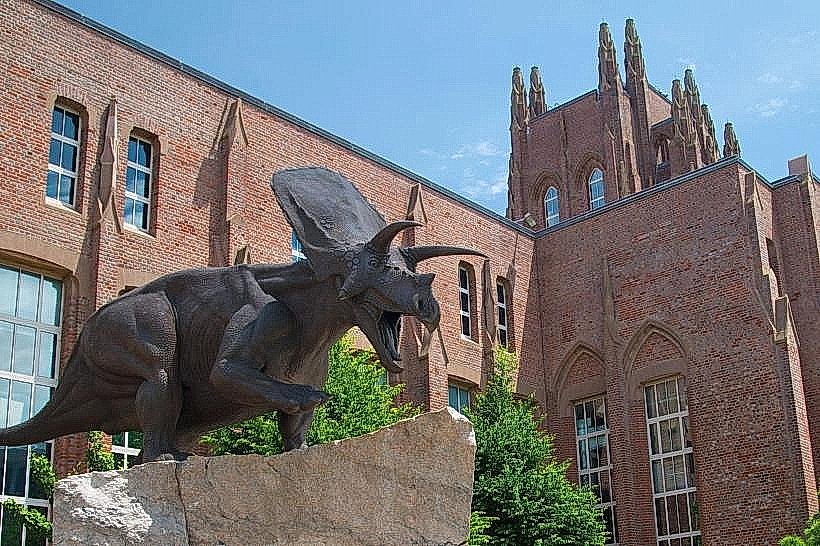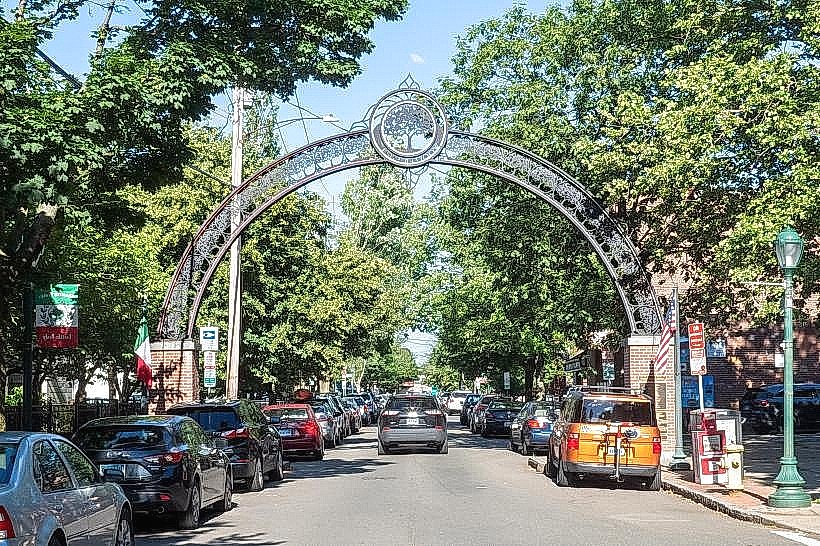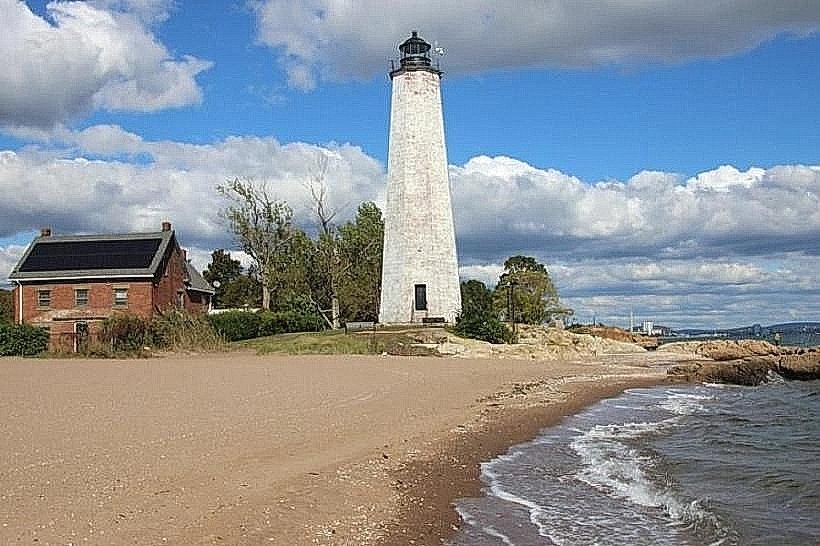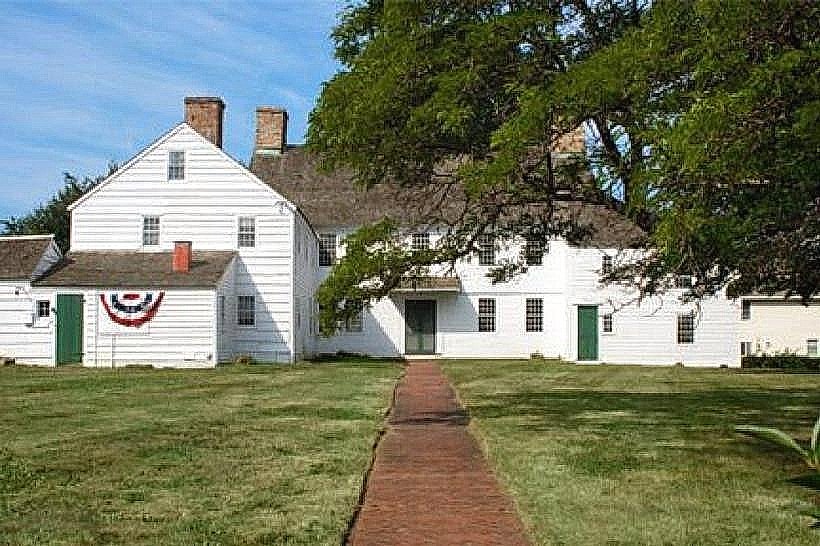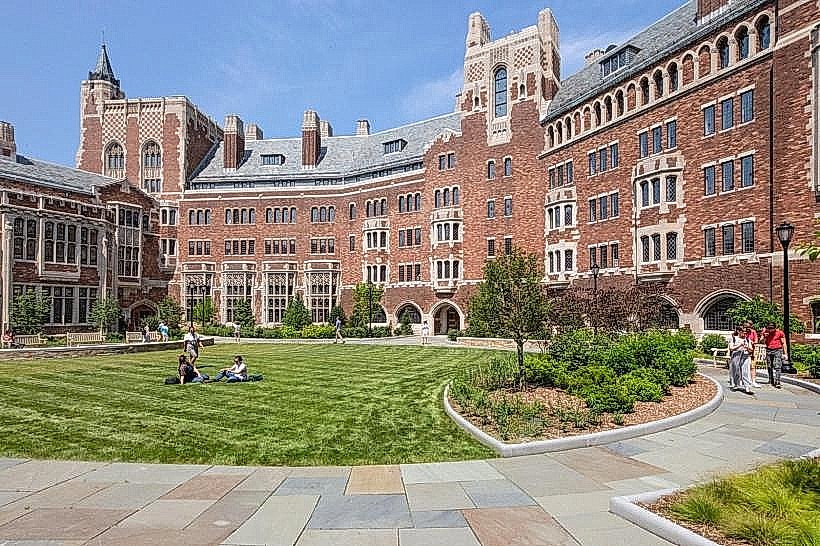Information
Landmark: Marsh Botanical GardenCity: New Haven
Country: USA Connecticut
Continent: North America
Marsh Botanical Garden, New Haven, USA Connecticut, North America
The Marsh Botanical Garden, located on the Yale University Campus in New Haven, Connecticut, is one of the oldest university botanical gardens in the United States. It serves as both a research facility and a public educational resource, showcasing a wide variety of plant species while supporting academic study in botany, ecology, and environmental science.
Historical Background
The garden was founded in 1899 through a bequest from Othniel Charles Marsh, a prominent Yale professor of paleontology and natural history.
Its original purpose was to provide a living laboratory for teaching and research, particularly in the fields of botany, horticulture, and ecology.
Over more than a century, the garden has expanded its collections and facilities, maintaining its role as a center for botanical education and scientific study.
Layout and Features
The garden spans approximately 3 acres and is divided into several specialized areas, including:
Greenhouses, which house tropical and subtropical plant species, orchids, and other delicate specimens.
Outdoor collections, featuring native and exotic plants organized by ecological or taxonomic categories.
Experimental plots, supporting research in plant physiology, ecology, and conservation.
Walking paths and educational signage allow visitors to explore the collections while learning about plant diversity, ecological relationships, and horticultural practices.
Collections and Plant Species
Marsh Botanical Garden houses a diverse range of plant species, including:
Tropical and subtropical plants in the greenhouses.
Native Connecticut flora, including trees, shrubs, and wildflowers.
Rare and endangered species, cultivated for conservation and study.
Special exhibits highlight plants of economic, ecological, or aesthetic significance, demonstrating plant diversity and adaptation across different climates and habitats.
Educational and Research Role
The garden is used extensively for Yale University teaching, supporting courses in botany, environmental science, horticulture, and ecology.
Research projects focus on plant physiology, conservation biology, and ecological interactions, using the garden as a living laboratory.
The facility also provides educational programs for students and the public, including guided tours, workshops, and hands-on learning experiences in gardening and plant science.
Cultural and Community Significance
Beyond its academic role, Marsh Botanical Garden serves as a public green space, offering a serene environment for walking, reflection, and study.
It contributes to New Haven’s cultural and environmental landscape, providing access to plant collections, seasonal displays, and natural beauty.
The garden emphasizes sustainability, conservation, and public engagement, aligning scientific research with community education.
Present-Day Role
Today, Marsh Botanical Garden continues to operate as both a research and teaching facility and a publicly accessible botanical space.
Its living collections support ongoing scientific research, environmental education, and horticultural preservation.
The garden remains a vital educational and cultural resource for Yale University, New Haven residents, and visitors interested in plants, ecology, and conservation.
The Marsh Botanical Garden exemplifies the integration of scientific research, education, and public engagement, preserving plant diversity while providing a living laboratory and a tranquil space for study and reflection in the heart of New Haven.

